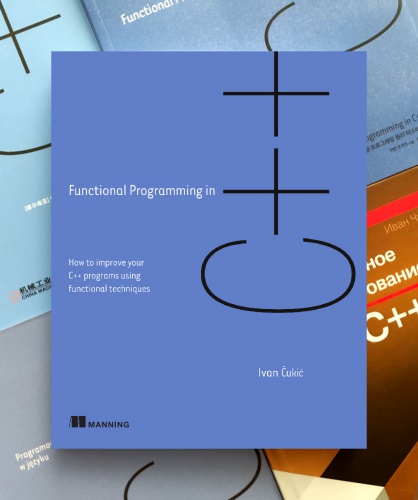Sometimes, we need to create wrapper types. For example, types like
unique_ptr, shared_ptr, optional
and similar.
Usually, these types have an accessor member function called
.get but they also provide the operator->
to support direct access to the contained value similarly to what
ordinary pointers do.
The problem is that sometimes we have a few of these types nested
into each other. This means that we need to call .get
multiple times, or to have a lot of dereference operators until we reach
the value.
Something like this:
wrap<wrap<std::string>> wp;
wp.get().get().length();
wp.get()->length();This can be a bit ugly. If we can replace one .get()
with an arrow, it would be nice if we could replace the second
.get() as well. For this, the C++98 introduced a long arrow
operator.
wrap<wrap<std::string>> wp;
wp--->length();What if we have another layer of wrapping? Just make a longer arrow.
wrap<wrap<wrap<std::string>>> wp;
wp----->length();With a special implementation of wrap, this compiles and
works without many problems.
Disclaimer
Now, before we continue, you should realize that this post is not a
serious one. And that this should never be used in a serious project,
just like the left arrow operator <-- [1] and the WTF operator
??!??! [2] (which no longer works
in C++17 BTW).
How?
Like in the <-- case, the long arrow is not a single
operator, but a combination of multiple operators. In this case, a
normal -> operator and the postfix decrement operator
--.
So, when we write wp----->length(), the compiler sees
((wp--)--)->length().
If we define the postfix -- to be the same as the
dereference operator, we get the long arrow, and the even longer arrow
operators:
template <typename T>
class wrap {
public:
T* operator->() { return &t; }
T& operator--(int) { return t; }
private:
T t;
};




